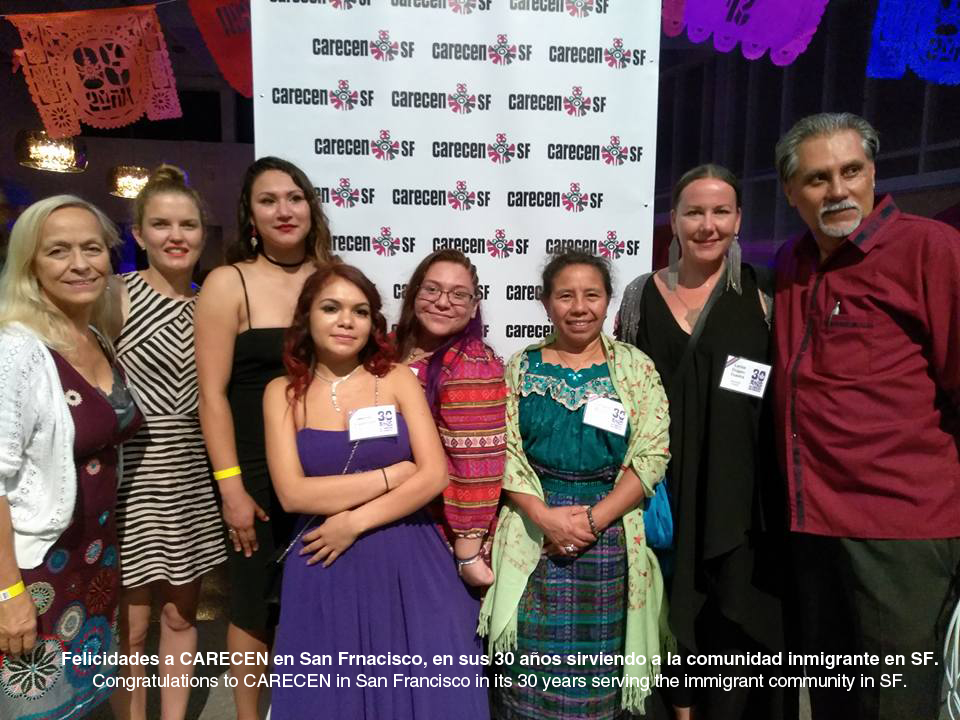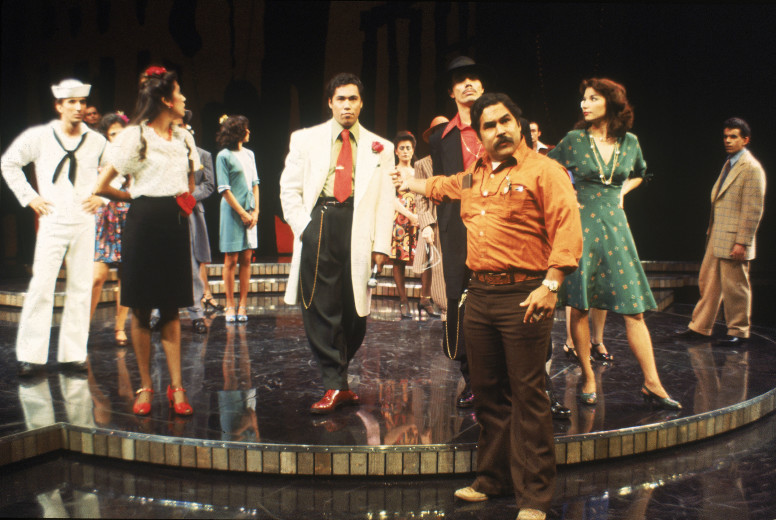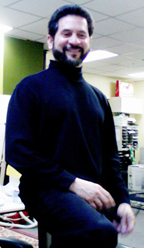NOTE FROM THE EDITOR
Dear readers: After so much controversy during this past election regarding the issue of Electoral College vote vs. popular vote, I bring to you this magnificent article written by Jarrett Sepman, which will enlighten you on what it is the Electoral College Vote.
Why we use Electoral College, not popular vote
by Jarrett Stepman
The Electoral College remains in place over two centuries after the framers of the Constitution empowered it to select presidents. Though occasionally maligned, this system of electing a chief executive has been incredibly successful for the American people.
Many modern voters might be surprised to learn that when they step into a ballot box to select their candidate for president, they actually are casting a vote for fellow Americans called electors. These electors, appointed by the states, are pledged to support the presidential candidate the voters have supported. The Electoral College holds its vote the Monday after the second Wednesday in December following the election.
The Founding Fathers created the Electoral College after much debate and compromise, but it has provided stability to the process of picking presidents. Though the winner of the national popular vote typically takes the presidency, that vote failed to determine the winner in four elections: 1824, 1876, 1888, and 2000.
Some see the Electoral College as a peculiar and mystifying institution that ensures only a few, select individuals will ever cast a direct vote for president in the United States. Others complain that the system rewards smaller states with more proportional power than the large ones.
Every four years, around election time, there are murmurs about revamping the system and moving toward a direct, national popular vote.
The Founders’ College
As one of The Heritage Foundations legal experts, Hans von Spakovsky, noted in a paper on the Electoral College: “In creating the basic architecture of the American government, the Founders struggled to satisfy each state’s demand for greater representation while attempting to balance popular sovereignty against the risk posed to the minority from majoritarian rule.”
Some elements of the Electoral College, such as the indirect vote through intermediaries, were hotly debated at the 1787 Constitutional Convention. It was eventually justified in part as a stopgap to potentially reverse the vote if the people elected a criminal, traitor, or similar kind of heinous person. The Founders wanted to empower democratic elements in the American system, but they feared a kind of pure, unrestrained democracy that had brought down great republics of the past.
The product of the Founders’ compromise has been well balanced and enduring, and we would be wise to leave it intact.
Alexander Hamilton defended the Electoral College in Federalist 68. He argued that it was important for the people as a whole to have a great deal of power in choosing their president, but it was also “desirable” that “the immediate election should be made by men most capable of analyzing the qualities adapted to the station, and acting under circumstances favorable to deliberation, and to a judicious combination of all the reasons and inducements which were proper to govern their choice.”
Hamilton also wrote that this system of intermediaries would produce a greater amount of stability, and that an “ … intermediate body of electors will be much less apt to convulse the community with any extraordinary or violent movements, than the choice of one who was himself to be the final object of the public wishes.”
As students of ancient history, the Founders feared the destructive passions of direct democracy, and as recent subjects of an overreaching monarch, they equally feared the rule of an elite unresponsive to the will of the people. The Electoral College was a compromise, neither fully democratic nor aristocratic.
The Constitution states:
Each state shall appoint, in such manner as the legislature thereof may direct, a number of electors, equal to the whole number of senators and representatives to which the state may be entitled in the Congress.
In addition to balancing the protection of individual rights and majority rule, the Founding Fathers attempted to create a “federalist” system that would keep most of policymaking power reserved to states and localities. America’s presidential election system also was designed to empower the states, not just the American people as an undifferentiated mass.
The total number of electors and thus electoral votes across all states and the District of Columbia—included after the passage of the 23rd Amendment—adds up to 538. The winner must receive a majority, or 270, of these votes to become president.
The system empowers states, especially smaller ones, because it incentivizes presidential candidates to appeal to places that may be far away from population centers. Farmers in Iowa may have very different concerns than bankers in New York. A more federalist system of electing presidents takes that into account.
The states are free to select the method in which they choose their electors. In the early days of the republic, most states chose to have their legislatures pick electors, rather than the people. But, over time, the states shifted to choosing electors via the state’s popular vote instead. Every state has opted for popular election at least since the Civil War.
Calls to abolish
Modern opponents of the Electoral College argue against what they call antidemocratic aspects of the institution, criticizing both the intermediary electors and the state-by-state system of voting.
Calls to fundamentally change the Electoral College reached a peak after Republican George W. Bush defeated Democrat Al Gore in the tightly contested 2000 election. Gore narrowly won the national popular vote, and many of his supporters howled that the system—even without the Supreme Court stepping in—was unfair.
One organization, National Popular Vote, has worked toward eliminating the Electoral College through an amendment to the Constitution or a state compact. National Popular Vote argues that the current system encourages presidential candidates to spend most of their time in “swing states” rather than campaigning for votes across the entire country.
This plan for a national popular vote has received a moderate level of support, but Heritage’s von Spakovsky has called it bad policy, based on mistaken assumptions. Swing states, he wrote, “can change from election to election, and many states that are today considered to be reliably ‘blue’ or ‘red’ in the presidential race were recently unpredictable.”
Many states have signed on to a bill that essentially would tie a state’s electoral votes to the national popular vote. Those states will pledge to swing all of their electoral votes to the winner of the national vote.
But this is because the incentives would be to appeal only to the biggest population centers. Swing states change over time, and the 2016 election could be a prime example of swing-state unpredictability and erosion of the traditional partisan political map.
Additionally, if the president were elected by unfiltered national vote, small and rural states would become irrelevant, and campaigns would spend their time in large, populous districts.
Over 200 years of success
Unneeded tinkering with a process that is over two centuries old could destabilize one on the steadiest political systems in the world.
As author and Texas lawyer Tara Ross wrote in a Heritage Foundation memorandum:
America’s election systems have operated smoothly for more than 200 years because the Electoral College accomplishes its intended purposes. America’s presidential election process preserves federalism, prevents chaos, grants definitive electoral outcomes, and prevents tyrannical or unreasonable rule.
The Founding Fathers created a stable, well-planned, and carefully designed system—and it works.
On Election Day, Americans should appreciate the great and long-lasting constitutional tradition bequeathed to them—including the quirky Electoral College system created by the nation’s Founders.










